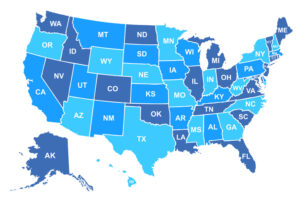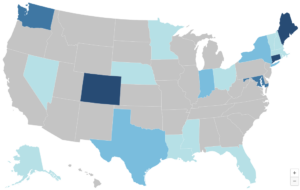State Policymakers Show Growing Interest in Ownership Transparency in 2025

As state policymakers grapple with rising commercial health care prices, they showed a growing interest during 2025 legislative sessions in leveraging ownership transparency as a tool to understand health care markets, strengthen oversight efforts, and inform consumers. Stacey Pogue discusses what states are doing to increase ownership transparency, and how other states may follow.





